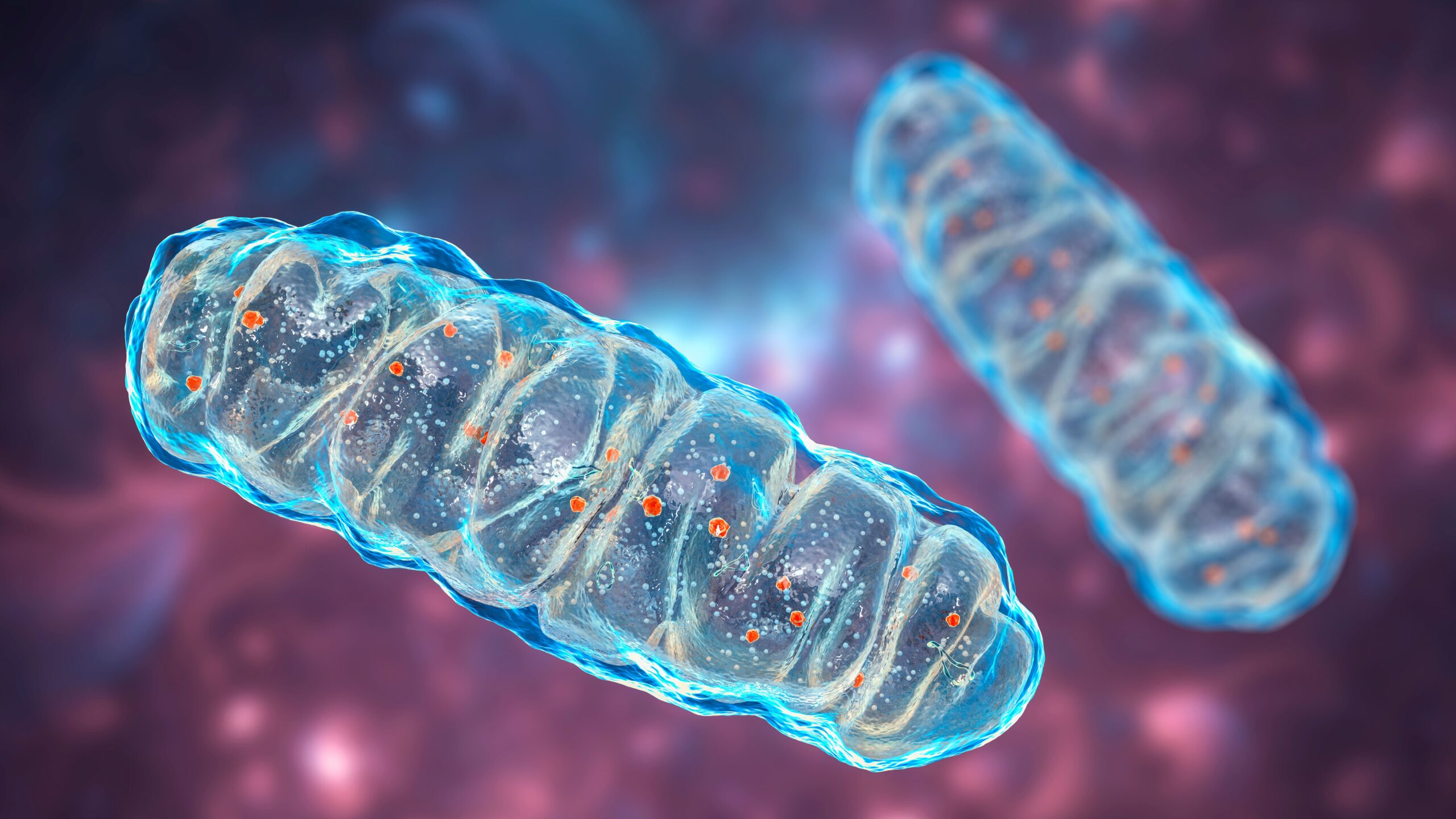In a world obsessed with fad diets and quick fixes, it's easy to lose sight of what truly constitutes a healthy eating pattern. The World Health Organization (WHO) and the Food and Agriculture Organization (FAO) of the United Nations (UN) recently joined forces to cut through the noise and deliver clear guidance on building a diet that supports long-term health and well-being.
This isn't just about shedding pounds or fitting into your favorite jeans; it's about nourishing your body from the inside out and reducing your risk of serious diseases. Strong evidence indicates that a balanced diet can be a powerful weapon against cardiovascular diseases, dementia, and even premature death.
So, let's dive into the five key principles endorsed by experts, empowering you to take control of your health, one delicious bite at a time.
1. Carbohydrates: The Cornerstone of Your Energy
Forget the low-carb craze! Carbohydrates are not the enemy; they are your body's primary source of fuel, especially for that powerhouse organ – your brain.
Think of carbohydrates as the foundation of your dietary pyramid, providing the energy you need to power through your day. The WHO and FAO recommend that carbohydrates comprise 45-75% of your total daily calorie intake.
Where to Find the Best Carbs:
- Whole Grains: Opt for the unrefined goodness of whole wheat, oats, rye, and quinoa.
- Vibrant Vegetables: Load up on a rainbow of colorful vegetables, each packed with unique nutrients.
- Juicy Fruits: Embrace nature's candy – fruits bursting with vitamins, minerals, and antioxidants.
- Protein-Packed Pulses: Explore the world of lentils, beans, and peas for a fiber and protein boost.
Expert Insight:
"Carbohydrates are an essential macronutrient, serving as the brain’s primary source of fuel. Adults need at least 130 grams of carbohydrates daily to support proper brain function. The best sources of carbohydrates are complex carbs, which are found in foods like whole grains, legumes, vegetables, low-fat dairy, and nuts and seeds." - Michelle Routhenstein, MS, RD, CDCES, Preventive Cardiology Dietitian
Fiber: Your Digestive Superhero
Don't forget fiber – a type of carbohydrate that plays a crucial role in your digestive health. Aim for at least 25 grams of fiber daily to keep things moving smoothly.
Why Fiber Matters:
- Regulates Blood Sugar: Helps prevent those energy crashes and keeps your blood sugar stable.
- Promotes Gut Health: Feeds the beneficial bacteria in your gut, essential for digestion and overall health.
- Lowers Cholesterol: Binds to cholesterol and helps eliminate it from your body.
- Reduces Disease Risk: May protect against heart disease, type 2 diabetes, and certain cancers.
Expert Insight:
"Fiber is a part of plants that isn’t fully digested; instead, it moves through our bodies picking up stray fats and sugars, feeding the healthy bacteria in our gut, and removing toxins with regular bowel movements. A diet adequate in fiber [content] can help reduce the risk of heart disease and type 2 diabetes." - Molly Rapozo, MS, RDN, CD, Registered Dietitian Nutritionist
2. Fats: Embrace the Healthy Kind
Contrary to popular belief, not all fats are created equal. While it's wise to limit saturated and trans fats, unsaturated fats are essential for a well-functioning body.
The Power of Unsaturated Fats:
- Brainpower: Supports cognitive function and protects against age-related decline.
- Hormone Harmony: Essential for the production of hormones that regulate various bodily functions.
- Nutrient Absorption: Helps your body absorb fat-soluble vitamins like A, D, E, and K.
- Cellular Health: Maintains the integrity of your cells and protects against damage.
Sources of Healthy Fats:
- Avocados: Creamy and delicious, packed with monounsaturated fats.
- Nuts and Seeds: Nutrient-dense powerhouses, rich in healthy fats, fiber, and protein.
- Fatty Fish: Salmon, tuna, and mackerel are excellent sources of omega-3 fatty acids.
- Olive Oil: A staple of the Mediterranean diet, known for its heart-healthy benefits.
Expert Insight:
"Fats are necessary for hormone production, brain function, and to absorb fat-soluble vitamins and certain classes of antioxidants. Choosing heart-healthy unsaturated fats like [those obtained from] avocados, nuts, and seeds protects our heart health and helps to support healthy blood pressure and cholesterol levels." - Michelle Routhenstein, MS, RD, CDCES
3. Protein: The Building Blocks of Life
Protein is essential for growth, repair, and maintenance of your body's tissues. It's not just about building muscles; protein plays a vital role in various bodily functions.
The Role of Protein:
- Muscle Mass: Crucial for maintaining and building muscle, especially as you age.
- Enzyme and Hormone Production: Provides the building blocks for enzymes and hormones that regulate various processes.
- Immune Function: Supports a healthy immune system to fight off infections.
- Satiety: Helps you feel full and satisfied after meals, aiding in weight management.
Protein Recommendations:
- Daily Intake: Aim for 10-15% of your daily calorie intake from protein.
- Sources: Include a mix of animal and plant sources, with an emphasis on plant-based options for optimal health.
Expert Insight:
"Proteins are the building blocks for muscles, enzymes, and important hormones in our bodies. Older adults have additional protein needs to maintain muscle mass and strength, as well as bone health, immunity, and more. Protein needs vary; however, research shows it should be over the [United States] recommended dietary allowance of 0.8 [grams per kilogram] of body weight. Most healthy older adults — an exception being those with kidney disease — should consume 1 to 1.2 grams of protein per kilogram of body weight daily. That’s 68–82 grams for a 150-pound person." - Molly Rapozo, MS, RDN, CD
Best Protein Sources:
- Lean Poultry: Chicken and turkey are excellent sources of lean protein.
- Fatty Fish: Salmon, tuna, and other fatty fish provide protein and omega-3s.
- Legumes: Beans, lentils, and peas are packed with protein and fiber.
- Greek Yogurt and Cottage Cheese: Dairy options rich in protein and calcium.
- Nuts and Seeds: Versatile sources of protein, healthy fats, and fiber.
4. Ultra-Processed Foods: The Enemy of Well-being
Ultra-processed foods are often laden with added sugars, unhealthy fats, sodium, and artificial ingredients. These foods undergo significant industrial processing, stripping them of their natural nutrients and often replacing them with harmful additives.
The Dangers of Ultra-Processed Foods:
- Increased Disease Risk: Linked to a higher risk of heart disease, type 2 diabetes, certain cancers, and even premature death.
- Accelerated Aging: May contribute to faster biological aging and cognitive decline.
- Inflammatory Effects: Can trigger inflammation in the body, leading to various health problems.
- Nutrient Deficiencies: Often low in essential nutrients, leading to imbalances and deficiencies.
How to Spot and Avoid Ultra-Processed Foods:
- Read Labels: Scrutinize ingredient lists for artificial flavors, colors, sweeteners, hydrogenated oils, and preservatives.
- Cook More Often: Preparing meals at home gives you control over ingredients and cooking methods.
- Choose Whole Foods: Prioritize fresh fruits, vegetables, whole grains, and lean protein sources.
- Limit Processed Snacks: Avoid packaged snacks, sugary drinks, and fast food.
Expert Insight:
"Ask yourself if you can find these ingredients in your own kitchen or [if] they sound more like a chemical concoction? Ultra-processed ingredients may be found in chicken nuggets, frozen meals, hot dogs, packaged soups, soft drinks, breakfast cereals, as well as salty or sweet snacks like chips, crackers, and cookies. These additives are considered inflammatory and a contributor to chronic disease. Higher intake of ultra-processed food is directly connected to a higher risk of early death from all causes, especially cancers and cardiovascular disease. Additionally, consumption of ultra-processed food is strongly associated with frailty risk in older adults." - Molly Rapozo, MS, RDN, CD
5. Red Meat: A Controversial Choice
While red meat can be a source of protein and iron, growing evidence suggests that high consumption may have detrimental effects on your health.
Concerns about Red Meat:
- Increased Cancer Risk: Linked to an increased risk of colorectal and other cancers.
- Cardiovascular Issues: May contribute to heart disease and stroke.
- Type 2 Diabetes Risk: Associated with a higher risk of developing type 2 diabetes.
- Cognitive Decline: May contribute to cognitive decline and dementia.
Moderation and Alternatives:
- Limit Consumption: If you choose to consume red meat, do so in moderation.
- Explore Alternatives: Prioritize plant-based protein sources like beans, lentils, and tofu.
- Choose Lean Cuts: Opt for leaner cuts of meat and trim visible fat.
Expert Insight:
"In adults, high intakes of red meat are associated with increased risk of several diseases and evolving evidence suggests that consumption of processed red meat, even at low levels, may have negative health consequences." - WHO and FAO Joint Statement
Focus on the Positive
While it's important to be aware of foods that may pose health risks, it's equally crucial to focus on building a diet rich in nutrient-dense whole foods.
Expert Insight:
"When it comes to maintaining a healthy diet, it’s more important that you focus on what you can include rather than focusing on what to avoid." - Michelle Routhenstein, MS, RD, CDCES
Building a Brain-Boosting Diet:
- Abundant Produce: Fill your plate with colorful fruits and vegetables.
- Whole Grains: Choose whole grains over refined grains for added fiber and nutrients.
- Lean Protein: Include lean protein sources like poultry, fish, and legumes.
- Healthy Fats: Embrace avocados, nuts, seeds, and olive oil.
- Limit Processed Foods: Minimize your intake of ultra-processed snacks and fast food.
Expert Insight:
"We can modify our diets to improve brain health by including vegetables, fruit, starches — such as whole grains, legumes, and potatoes — as well as lean protein, fatty fish, and plant fats such as nuts, seeds, avocado, olives, and olive oil. Eat less highly processed snack foods, fatty meats including bacon and sausage, sugar, and other refined carbohydrates." - Molly Rapozo, MS, RDN, CD
Conclusion
Building a healthy diet is not about deprivation or restriction; it's about making informed choices that nourish your body and support your long-term health. By embracing these five expert-backed principles, you can create a sustainable eating pattern that fuels your well-being and empowers you to live a vibrant life.
Remember, every small step you take towards a healthier diet is a step in the right direction. Start today, and savor the journey to a healthier, happier you.





















0 Comments